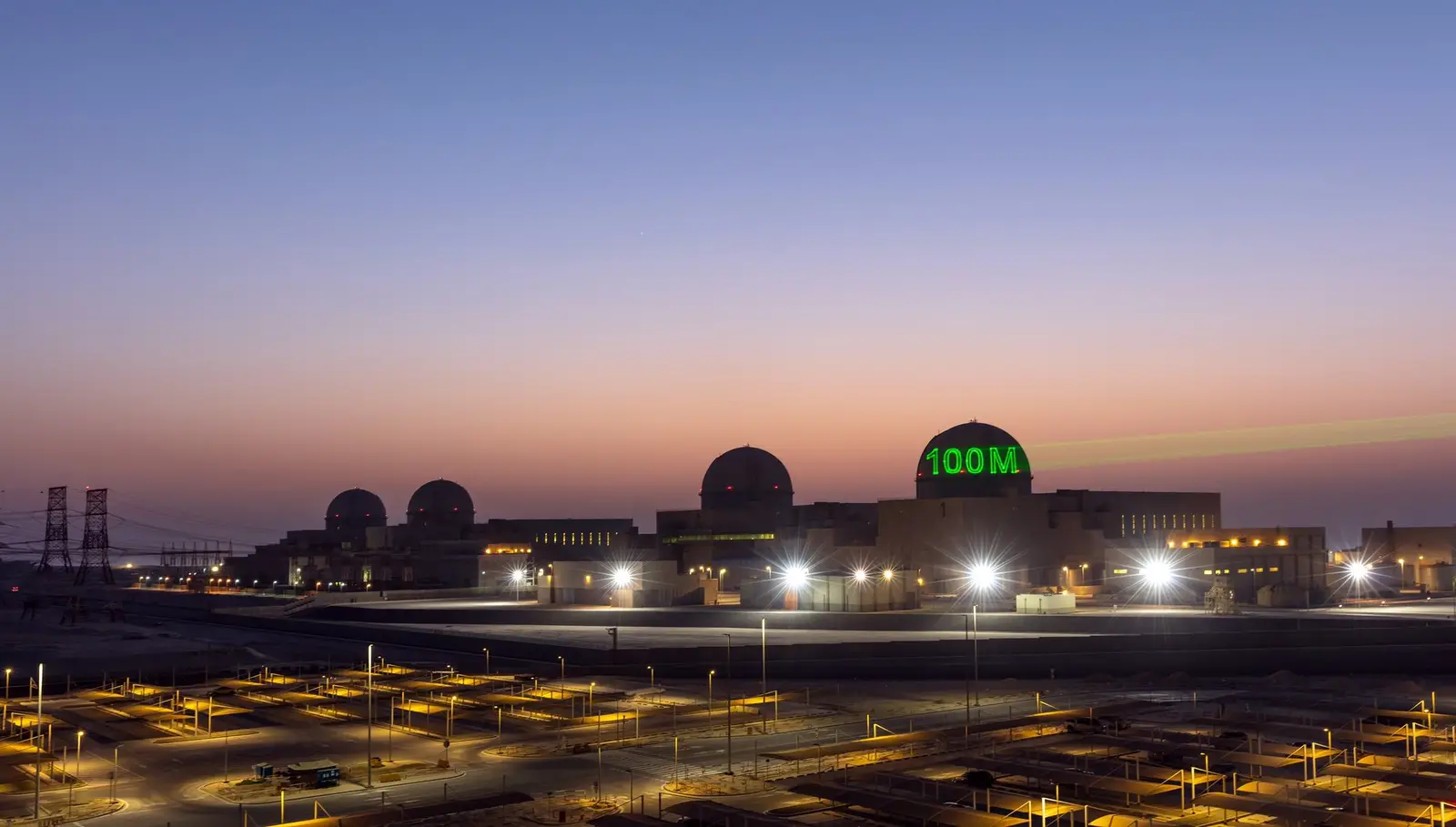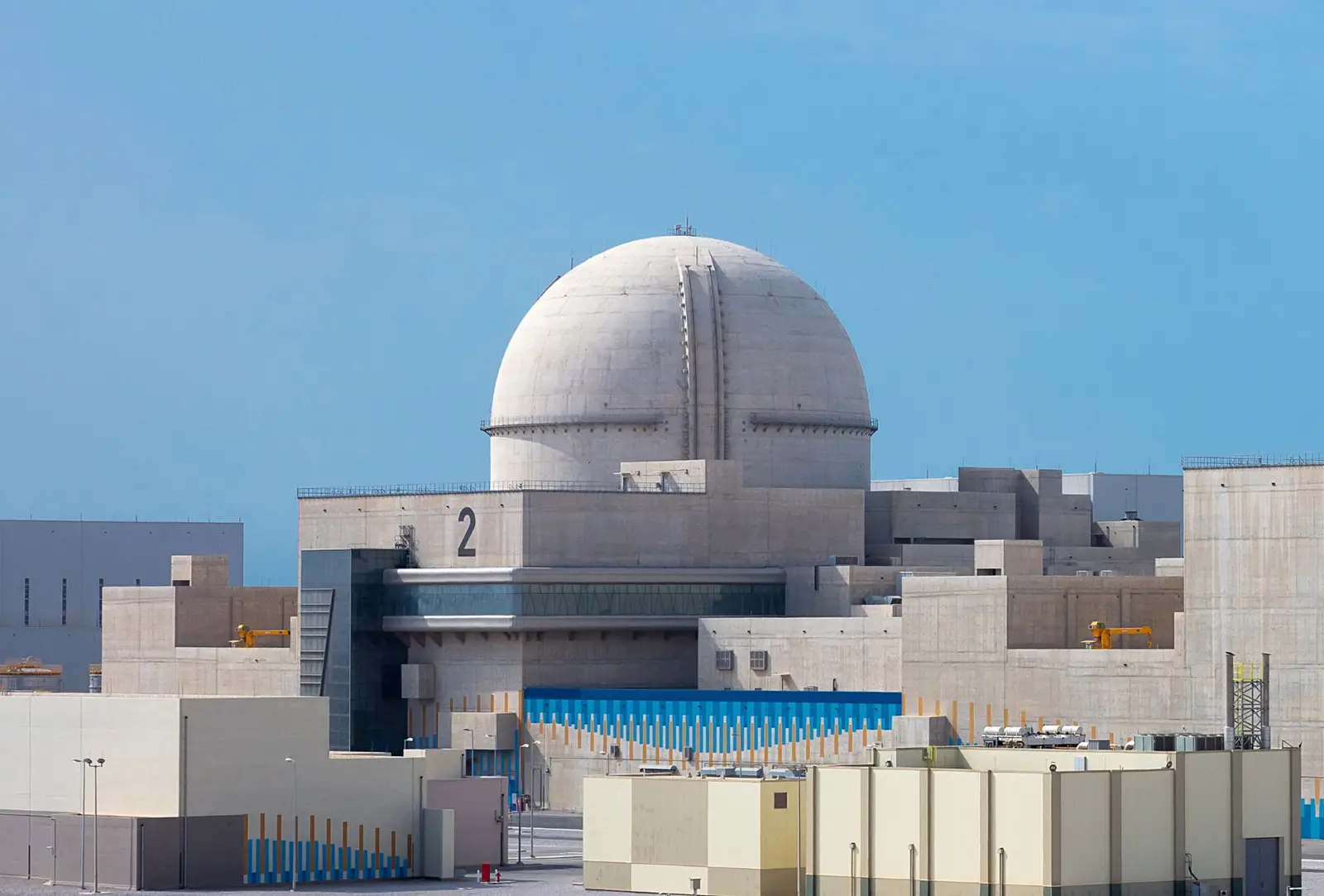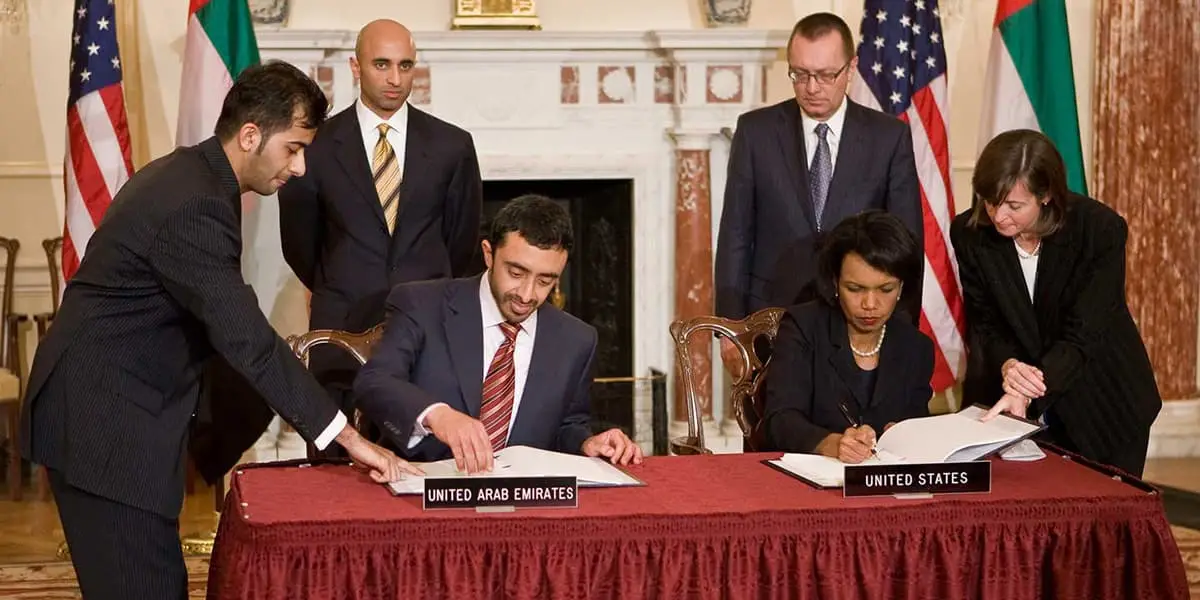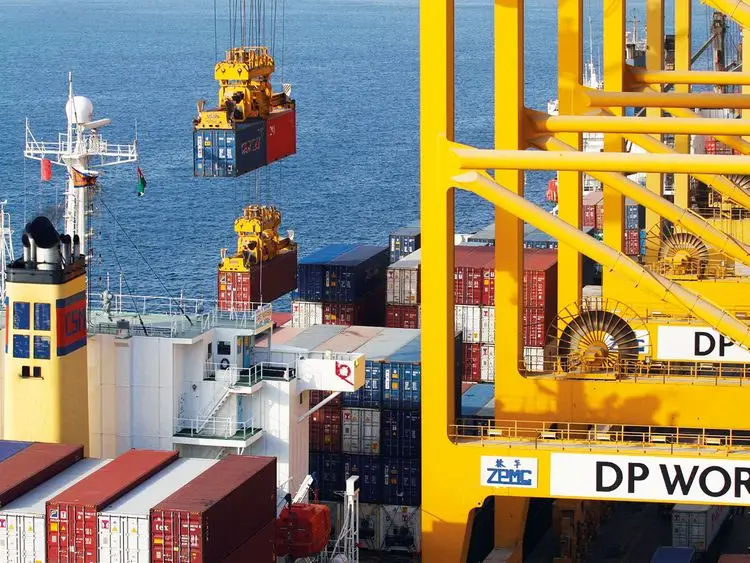
To reach the UAE’s ambitious goal of net zero emissions by 2050, 50 percent of the national energy supply will be generated by clean sources by midcentury. The development of a peaceful nuclear energy sector is a key component of that strategy, reflecting the UAE’s commitment to diversifying its energy mix and reducing dependence on fossil fuels.
In March 2024, the final unit of the Barakah Nuclear Energy Plant, developed by the Emirates Nuclear Energy Corporation (ENEC), successfully connected to the UAE’s transmission grid. Unit 4 will add another 1,400 megawatts of clean electricity capacity to power the national grid, further supporting the UAE’s efforts in enhancing grid stability and energy security through abundant around-the-clock zero-emissions electricity.
The four operational units of Barakah will soon provide up to 25 percent of the country’s electricity needs and generate 40 terawatt-hours (TWh) of clean electricity per year. Once fully operational, the Barakah Nuclear Energy Plant is expected to prevent up to 22 million tons of carbon emissions every year – the equivalent of removing 4.8 million cars from the roads.

The US is actively supporting the development of the UAE’s Peaceful Nuclear Energy Program. In December 2009, the United Arab Emirates and the United States entered into a bilateral agreement for peaceful nuclear energy cooperation that enhances international standards of nonproliferation, safety and security. Known as a “123 Agreement,” the pact establishes a required legal framework for commerce in peaceful nuclear energy technology between the two countries. Over the past ten years, the landmark agreement has been consistently reaffirmed as the “gold standard” by US officials across administrations and nonproliferation experts for its commitment to safety, security and operational transparency.
Read Ambassador Al Otaiba’s Wall Street Journal op-ed on the UAE’s Peaceful Nuclear Energy Program.
Retired Senator Sam Nunn, a nonproliferation expert and former chair of the Senate Armed Services Committee, cited the UAE’s leadership in safe and transparent nuclear energy development as “an especially powerful example” for other countries to emulate. "We are very grateful for the important leadership of the UAE in showing the world how nuclear power can be advanced safely, without contributing to nuclear proliferation dangers,” he said.

The UAE's nuclear energy program is generating valuable, long-term contracts for services, construction, equipment and training. A number of US firms are involved in the process of building the Barakah Plant’s physical infrastructure and training engineers and operators. To date, over 175 companies in 33 states across the US have been awarded contracts to support the program.



